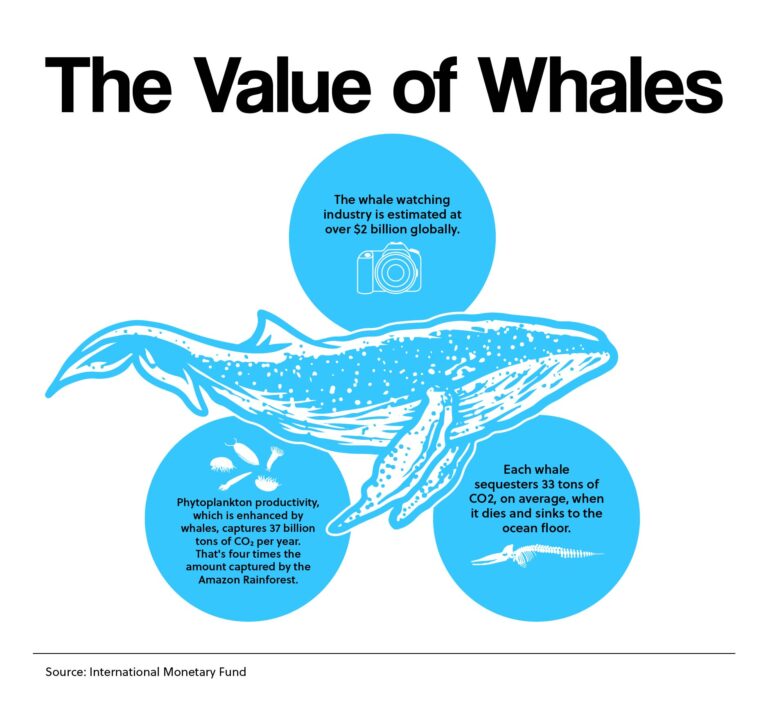Iceland To End Whale Hunting in 2024
February 9, 2022

Whaling’s on its way out in Iceland. The tradition dates to the 12th century, when fishermen hunted whales off the shores of the island nation. It plans to end whaling in 2024 as demand for Iceland’s whale meat declines. That will leave Norway and Japan as the only countries where whaling will remain legal.
Iceland's Fisheries Minister wrote in a newspaper column that there’s not enough proof of the economic benefits for Iceland to continue hunting whales.
Commercial whale hunters have roamed the world’s seas since the 17th century. But a sharp decline in whales put many species on endangered lists. That led international groups to press countries to end the practice in the 1930s.
Humans have killed tens of millions of whales. Experts believe whale populations have declined by 66% to 90% over time.
Meanwhile, a study found that whale hunting adds to climate change. When whales die naturally, they sink to the bottom of the ocean. Experts estimate whales take 190,000 to 1.9 million tons of carbon down with them every year. But when the whale’s body is killed and processed by humans, that carbon is released into the atmosphere. Carbon emissions warm the planet.
Also, whale poop plays a key role in carbon capture. It feeds the microscopic plant life in the oceans called phytoplankton. These tiny plants capture an estimated 40% of all carbon emissions produced. That's four times the amount captured by the Amazon rainforest.





